Energy Saving Tips for Your Appliances
As homeowners, we are always looking for ways to save money. One way to do this is by reducing our energy costs. Many of us are unaware of the amount of energy our household appliances consume.
One of the things you can do to save on energy costs is to use energy-efficient light bulbs. LED light bulbs use 75% less energy than traditional incandescent bulbs. They also last longer, so you won't need to replace them as often. You can also install dimmer switches to control the amount of light you use.
Another way to save on energy costs is to use a programmable thermostat. This allows you to set your heating and cooling system to turn on and off at specific times. You can program it to turn off when you're not at home or when you're sleeping. This will save you money on your energy bill.
Common household appliances such as refrigerators, washing machines, and dishwashers use a lot of energy. When purchasing these appliances, look for the Energy Star label. This indicates that the appliance meets energy efficiency standards and will save you money in the long run.
You can also save money by using your appliances efficiently. For example, when using your dishwasher, make sure it's full before running it. Also, try to use the energy-saving mode on your washing machine.
Another way to save on energy costs is by sealing air leaks in your home. Air leaks can cause your heating and cooling system to work harder, which will increase your energy bill. You can use weatherstripping around doors and windows to seal air leaks. You can also use caulk to seal any gaps around pipes, wires, or other openings.
Insulating your home is also a good way to save on energy costs. Proper insulation will keep your home warm in the winter and cool in the summer. This will reduce the amount of energy your heating and cooling system needs to use.
Consider your household appliances. When it comes to saving on energy, here are a few ways:
Oven/Range
- Choose the right size burner for your pot. Using a small pot on a large burner wastes energy and adds unnecessary heat to the kitchen.
- Open the oven door as little as possible. Your oven loses 25 to 50 degrees Fahrenheit each time you open the door. This makes it work harder to maintain its temperature.
- Cover pans for faster cooking. This can reduce cooking times, as well as the amount of heat needed.
- Turn off the stove or burner a few minutes early. Electric stovetops and ovens — as well as many newer gas burners — stay hot for many minutes after you turn them off.
- Use smaller appliances for smaller portions. Crockpots, toaster ovens and electric skillets can cook food just as fast but require one-third less energy.
- Use a microwave. A microwave oven cooks food up to six times faster and draws one-third the electricity. It can also help keep your kitchen cool on hot summer days.
- Bake in glass or ceramic dishes. You can lower your oven temperature by 25 degrees Fahrenheit and your food will cook just as quickly
- Cook with aluminum or copper bottom pans for even heat conduction. Pans with straight sides and flat bottoms reduce cooking time and heat loss.
- Preheat ovens only when necessary. Unless you’re baking breads or pastries, you may not need to preheat the oven at all.
- Keep range-top burners and reflectors clean. They will reflect the heat better and save energy.
Refrigerator/Freezer:
- Set your thermostats. The recommended temperatures are 37 to 40 degrees Fahrenheit for your refrigerator and zero degrees for the freezer section.
- Keep it cool. Position your refrigerator away from a heat source such as an oven, a dishwasher or direct sunlight from a window.
- Defrost regularly. Manual and partial automatic defrost refrigerators and freezers should be defrosted at least twice a year or when the ice is more than a quarter of an inch.
- Check your door seals. Make sure the refrigerator and freezer doors close tightly.
- Pack it up. A full freezer performs better than a nearly empty freezer.
- Cover liquids and wrap foods. Uncovered foods release moisture and force your appliance's compressor to work harder.
- Avoid putting hot foods directly into the refrigerator or freezer. Let them cool to room temperature first.
Dishwasher:
- Whenever possible, choose an energy-saving cycle. Use the air dry or overnight dry setting.
- Run the dishwasher only when it is full. In the summer, run the dishwasher during cool parts of the day, such as early morning and late evening.
- Do not pre-rinse dirty dishes. Soak or pre-wash dishes only in situations that involve burned or dried-on food.
- Do not use the rinse hold setting for just a few soiled dishes. This feature uses 3 to 7 gallons of water each time.
Washer/Dryer:
- Wash your clothes in cold water using cold-water detergents. Laundry detergent — not the water temperature — whitens your clothes.
- Clean the lint filter after every dryer load. Clothes will dry faster and you will save energy.
- Wash full laundry loads rather than multiple small loads. You'll save water, detergent and energy.
- Don't add wet items to a load that is partially dry. It will require more energy to properly dry everything.
- Don't over-dry clothes. Removing clothes from the dryer before they begin to wrinkle can eliminate ironing and save energy.
- Make sure the dryer is properly vented. Inspect the outside vent opening to be sure it is clear of lint and that the damper will close when the dryer is off.
- Have a professional inspect your dryer vent pipe. Lint can accumulate in these pipes and reduce airflow.
Water Heater:
- Repair leaky faucets. A faucet that leaks a single drop of hot water each second can waste up to 200 gallons of hot water per month — as well as the energy used to heat it.
- Insulate your water heater and pipes. Non-insulated hot water pipes reduce water heat by 2 to 4 degrees, causing your hot water heater to work harder and use more energy.
- Install a low-flow showerhead. Low-flow showerheads typically use 0.8 to 1.5 gallons per minute. At 1.5 gallons per minute, a 10-minute shower uses 15 gallons. On average, a bath uses 15 to 25 gallons of water.
- Turn the faucet off. Don't let hot or warm water run continuously when performing activities such as washing dishes or shaving your face.
In conclusion, there are many ways to save on home energy costs. You can use energy-efficient light bulbs, a programmable thermostat, and Energy Star appliances. You can also use your appliances efficiently, seal air leaks, and insulate your home. By taking these steps, you can save money on your energy bill and reduce your carbon footprint.
Remember, a little effort can go a long way in improving your home's energy efficiency. So start implementing these tips today and see the difference in your energy bills!
Categories
Recent Posts

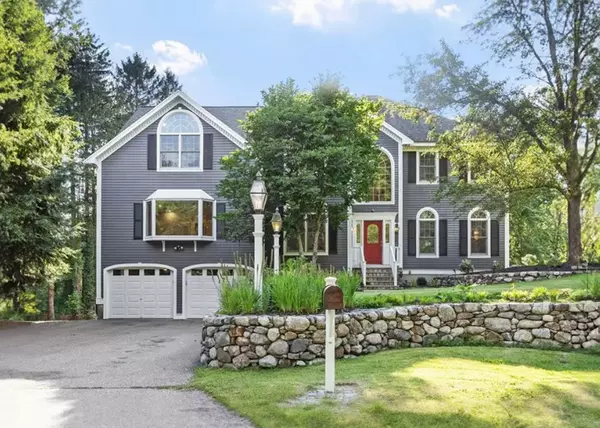


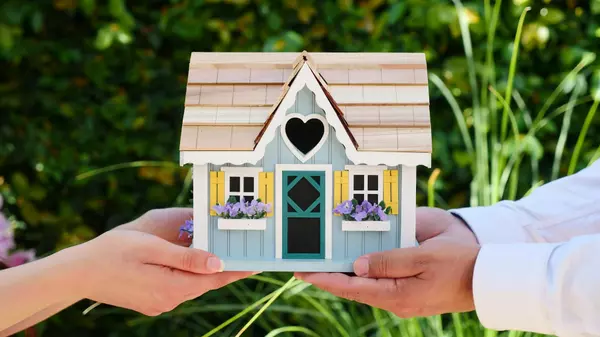


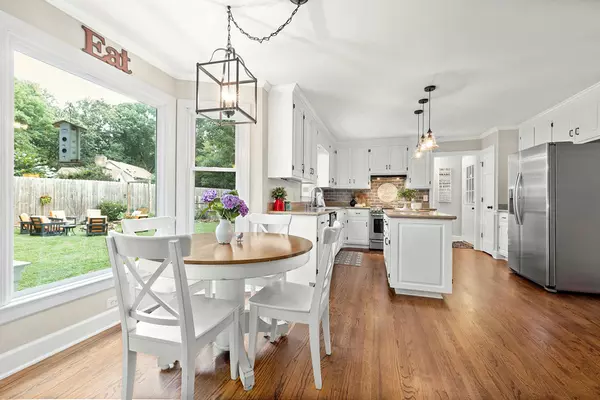
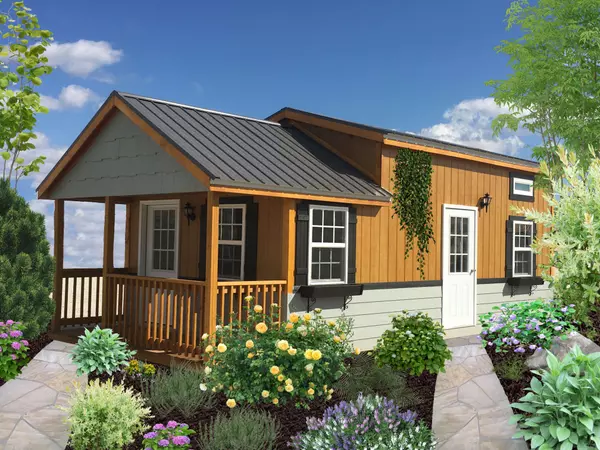
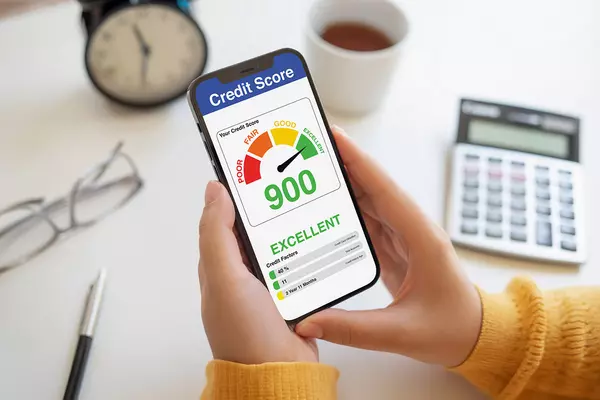
MEET OUR TEAM
Our team of agents are ready to help you reach your real estate goals by making your needs our number one priority. We recognize you have a choice when it comes to working with a real estate professional. Our team of agents looks forward to earning your trust and helping you discover the smarter way to buy or sell a home.








